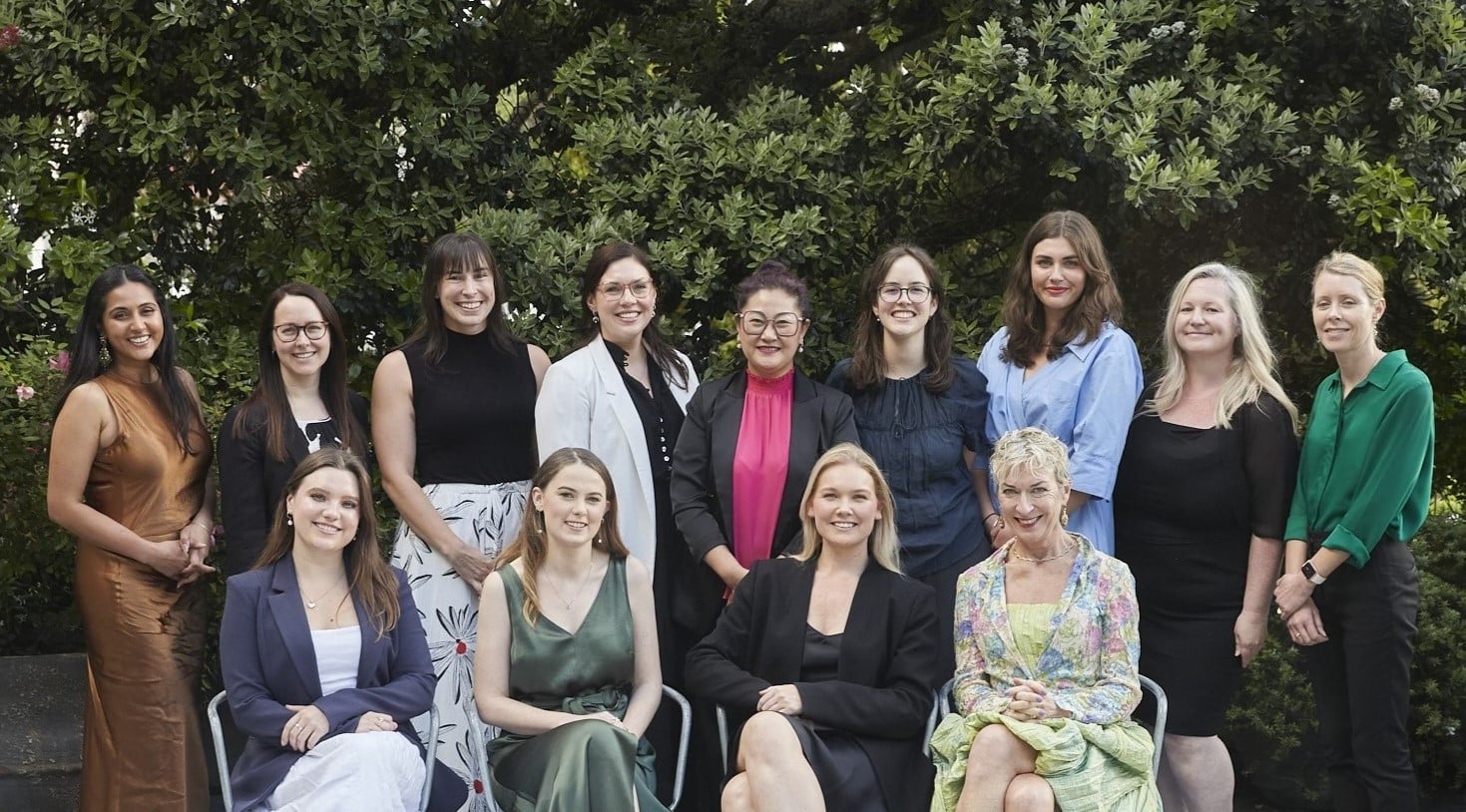President: Rachael Reed KC
The focus of 2012 was advancing the debate, which questioned why women were not progressing in greater numbers to partnership in large law firms.
AWLA commissioned a research project with AUT’s Gender and Diversity Research Group to investigate the reasons behind the scarcity of women in senior positions in large law firms. In particular, the project sought to explore whether there were barriers or perceived barriers to women advancing to partnership.
In February, Antonia Fisher KC spoke at the President’s function about the need for comprehensive research into women’s representation in partnership at large law firms. This presentation highlighted the concerning statistics that women had been graduating law school in greater numbers than men for the past 20 years, and make up 43% of practising lawyers, however:
- Women judges made up less than 26% of the judiciary;
- Women made up only 18.24% of partners in large law firms;
- Of the 90 practising KC’s or senior counsel, only 11 were women;
- Five years after graduation, the income of male law graduates was consistently higher than their women counterparts; and
- Men were three times more likely to be equity partners in law firms than women.
The March newsletter detailed that in the largest ten Auckland law firms, the percentage of women partners ranged from 8% to 24.5%. The newsletter explained:
“While assumptions are often made about why women are not reaching leadership roles in large firms, such as personal choice or a lack of flexibility, it was pointed out that such assumptions can be dangerous and counterproductive. Left unchallenged, they can become the accepted norm and further entrench existing attitudes and stereotypes. It was emphasised that if our ultimate goal is to achieve equality, our short term goal must be to determine why equality has not happened yet.“
In April, Dr Judy McGregor, EEO Commissioner at the Human Rights Commission presented on women’s progress in public and private sectors and the UN Women’s Empowerment Principles.
AWLA wrote to the NZLS regarding its comments on a media article in October concerning a Judge who asked a breastfeeding mother to leave a courtroom when she tried to settle an upset baby to minimise disruption to court proceedings. The letter reported the majority of feedback from AWLA members was supportive of allowing mothers to breastfeed in court. The following points were raised:
- “Family/whānau support is a significant factor in rehabilitation and reducing re-offending. It also helps to reduce the stress caused by the court process. It will be easier for breastfeeding mothers to provide such support if they are able to accompany their family/whānau member to court and remain in the courtroom throughout the session, particularly as persons appearing in court often have long waiting time before their cases are called and those supporting them can be at court for long periods”;
- Assists in promoting the full participation in court processes by victims and witnesses;
- Breastfeeding can help maintain the peace and quiet for judicial processes as babies require regular feeding which does not align with adjournments;
- The exclusion disregards the Ministry of Health’s promotion of WHO guidelines and sends a message that the wellbeing of children is not a priority;
- It is a human right that a mother should be included in court processes while breastfeeding;
- A mother can breastfeed discreetly and practically unnoticed; and
- Breastfeeding is an act of love and nurture which should be encouraged.
A copy of the letter to the NZLS was included in the December newsletter.
The speaker at the annual Dame Silvia Cartwright lecture was Theresa Gattung who spoke about her career as a CEO, with Dame Silvia Cartwright also presenting on her time on the United Nations Tribunal investigating war crimes in Cambodia.
In September, AWLA and the New Zealand Bar Association ran ‘Get Up and Speak Up’ an event focused on encouraging junior and intermediate women litigators to embrace and pursue opportunities for speaking roles in court.

